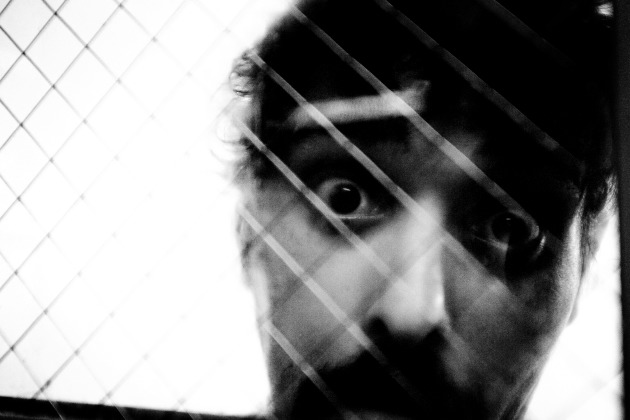
I received word that the U.S. Department of Justice has reached an agreement with Miami Dade County that will end many of the abuses in Miami’s downtown pre-trial detention center chronicled in my book, CRAZY: A Father’s Search Through America’s Mental Health Madness.
As part of the agreement, the county must build a mental health treatment facility for inmates, estimated to cost between $12 million to $16 million, and make other changes in how it treats prisoners who have mental illnesses.
Miami Judge Steven Liefman got me into the jail more than six years ago where I observed prisoners with mental illnesses being held in overcrowded, unsanitary, abusive and dangerous conditions. After my book was published, he got Michele Gillen, an investigative reporter with the local CBS television affiliate, into the jail where she filmed what I had observed. Our joint efforts helped spark the Justice Department probe.
While I am happy that conditions in the jail are going to be improved, I am reticent about the Justice Department’s actions.







